Chessarama — Review
Chess, not only by its name but also through its history and the underlying strategy employed during gameplay, stands as a game of kings. It is a familiar presence, transcending time, with a legacy spanning over a millennium. The rules governing the game have been established for centuries. Can something as well-known as chess deliver a fresh and innovative gaming experience in today's context? This is the challenge taken up by the developers at Minimol Games in their unassuming puzzle game, Chessarama, released at the end of the previous year. Is it chess or isn't it? Prior to the game's release, some expressed doubt about whether Chessarama truly qualified as chess. They argued that it wasn't genuine chess. To some extent, this is true. Chessarama is both chess and not chess simultaneously. One doesn't negate the other. If you wish, you can play the classic chess you are familiar with. Yet, you can also play something different—something that bears a resemblance to chess, draws inspiration from it, and is both familiar and novel at the same time. Despite its unassuming nature, Chessarama offers a rather extensive range of options for such a small game. Several different modes are available, with campaigns being the most crucial among them. Engaging in campaigns is essential for unlocking additional content. As you progress in the game, you earn experience points, which come in handy for unlocking further modes, additional chess pieces, and various other elements that the game abundantly provides. However, acquiring all these rewards takes time. Don't expect the game to freely distribute new modes. Occasionally, you may need to repeat certain activities to accumulate the necessary points.
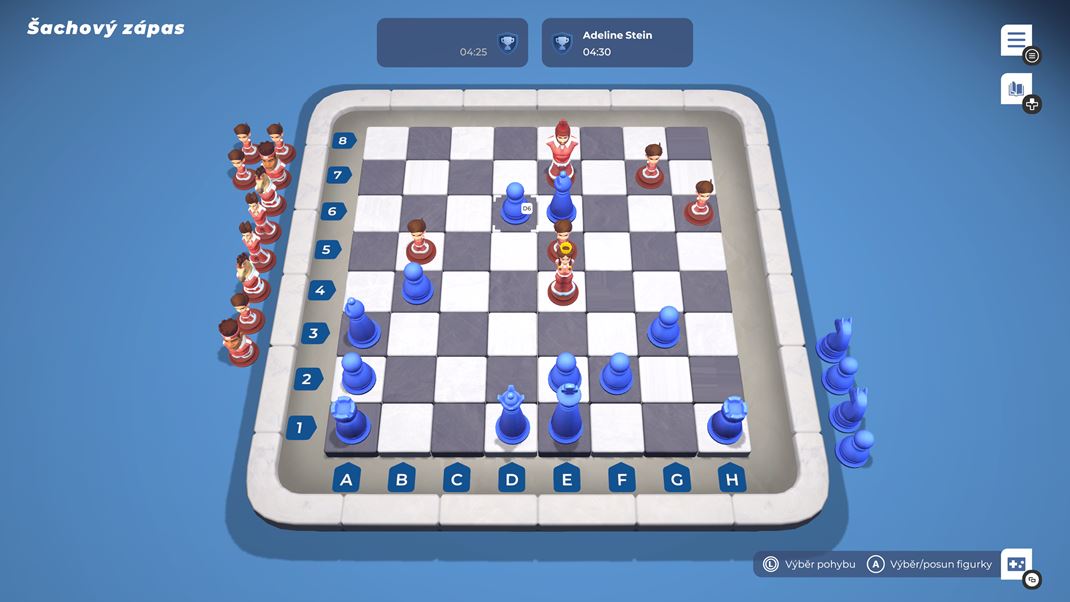
Let's delve into the campaigns then. There are four of them, each differing not only thematically but also mechanically. You embark on a journey starting from a farm, progressing through a soccer field, traversing Japan, and culminating in medieval castles. Each campaign presents a series of more than 20 levels that you must gradually complete. These levels constitute intricate puzzles solved by manipulating the movements of chess pieces. For instance, you might need to reach a specific location, score a goal, neutralize a particular figure on the map, and so forth. Additionally, you contend not only with the challenge of accomplishing these tasks but often with a limit on the number of moves as well.
A particularly intriguing mode is the Battles, essentially another type of challenge but distinct from what the campaigns offer. Similarly, it is divided into the same four thematic categories as the campaigns, and you must unlock them progressively by earning experience points. However, it deviates from conventional chess. The objective is to win battles by checkmating the opponent's king. The game is not played on the standard chessboard, and not all pieces are present, making the strategy quite distinct. Within a single battle, there are multiple skirmishes to fulfill, prompting you to return to battles frequently since completing all challenges in one go is quite challenging. You can then venture into higher difficulty levels.
And yet, traditional chess is also present. A completely normal, traditional chess game where you compete against an opponent and against the clock, meaning your moves ideally shouldn't allow someone to brew coffee, go shopping, or attend to parenting duties in the meantime (I know some chess players like that). You can add a twist to it by unlocking different chess pieces, such as an elf carved from wood instead of the queen. Unfortunately, the chessboards cannot be changed, which is a bit regrettable. Considering the thematic mini-games and pieces, having thematic chessboards in the standard chess game could have been a welcomed addition.
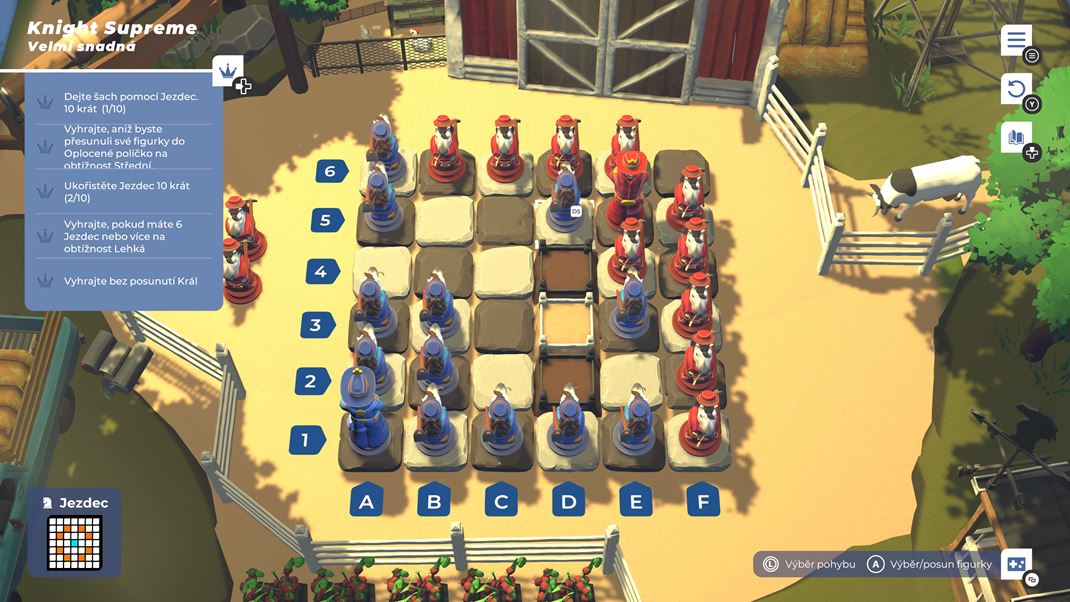
However, I don't consider this to be a significant drawback. What's worse is that even though traditional chess is present, you can only play it against artificial intelligence. There's no option for online play, and you can't engage in a match against a live player next to you locally. When initiating a chess match, the game pretends to search for someone online, but it's a deception; you are playing against bots at different experience point levels. This, perhaps, is the game's most significant shortcoming. To have chess without the ability to play against live opponents? Why bother? The only semblance of online features comes in the form of leaderboards where accumulated experience points are compared with other players. There are monthly, yearly, and overall leaderboards. And that's quite limited.
The game's art style is very pleasing, and even though chess might seem dull in reality, it's not the case here. It looks genuinely good while maintaining a minimalist approach. In the campaign, the pieces are animated, adding a lively touch. As for the music, well, it exists. That's about all that can be said. It doesn't linger in your memory; it's more like a few monotonous loops playing in the background, becoming background noise after a while. For those who, for some reason, do not understand any foreign languages, there's Czech available in the menu. It's not very good, more on the robotic side, but it's there. At least during short loading screens, it translates a few famous quotes present in the game.
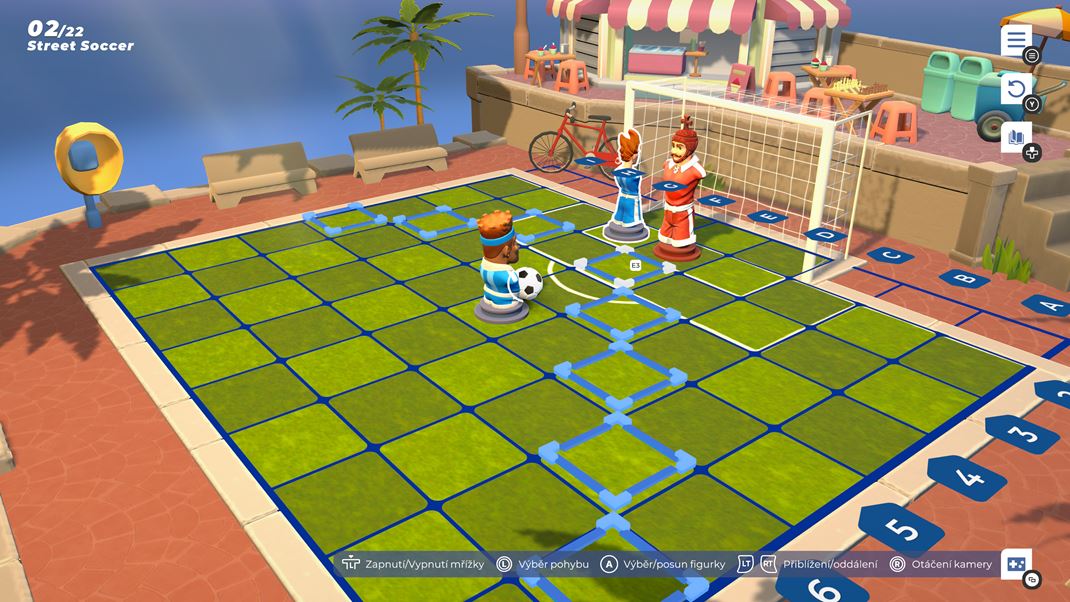
Chessarama offers a enjoyable chess experience that enriches the world's most famous board game with new challenges and mini-games, providing a fresh perspective on the possibilities with chess pieces. Unfortunately, the developers have opted not to make an effort to bring something more profound and extensive. While there are over 100 levels and more than 100 challenges, it lacks that extra layer, something that would make you sit down in the evening and play for an hour. In its current state, you might only play a level here and there, eventually forgetting about the game over time. Multiplayer could have been a solution, but unfortunately, it's completely absent.


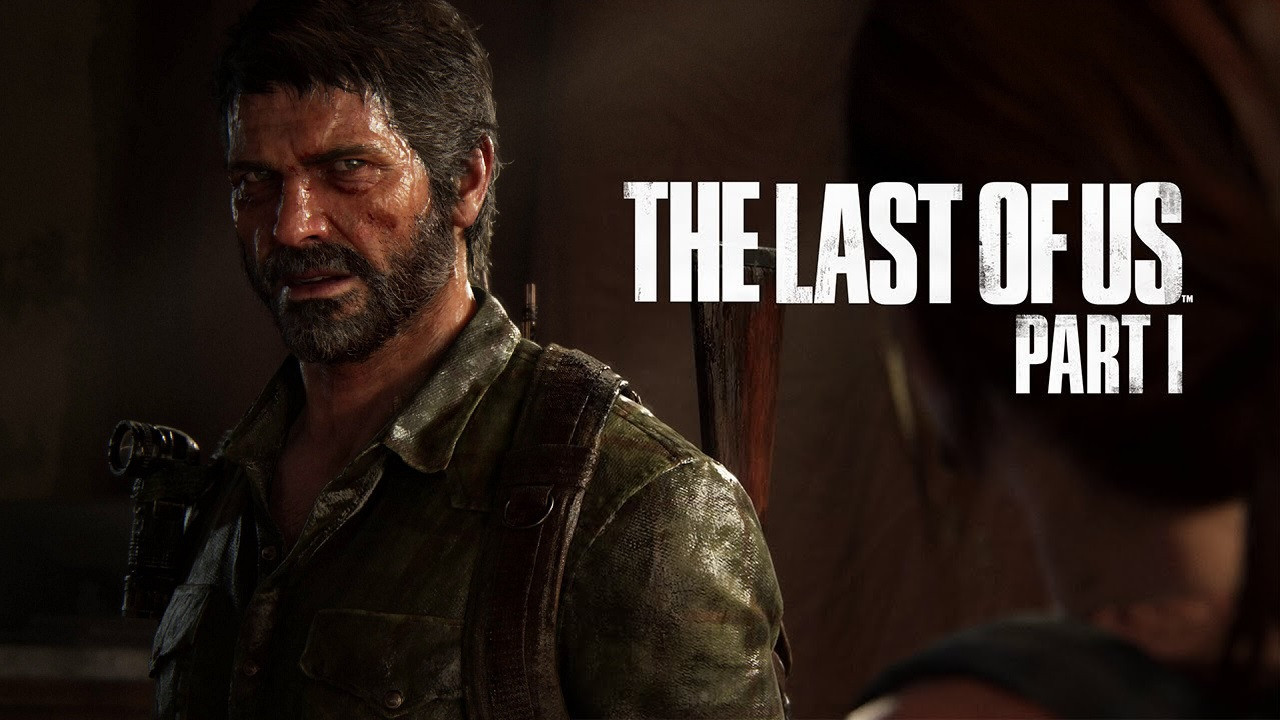
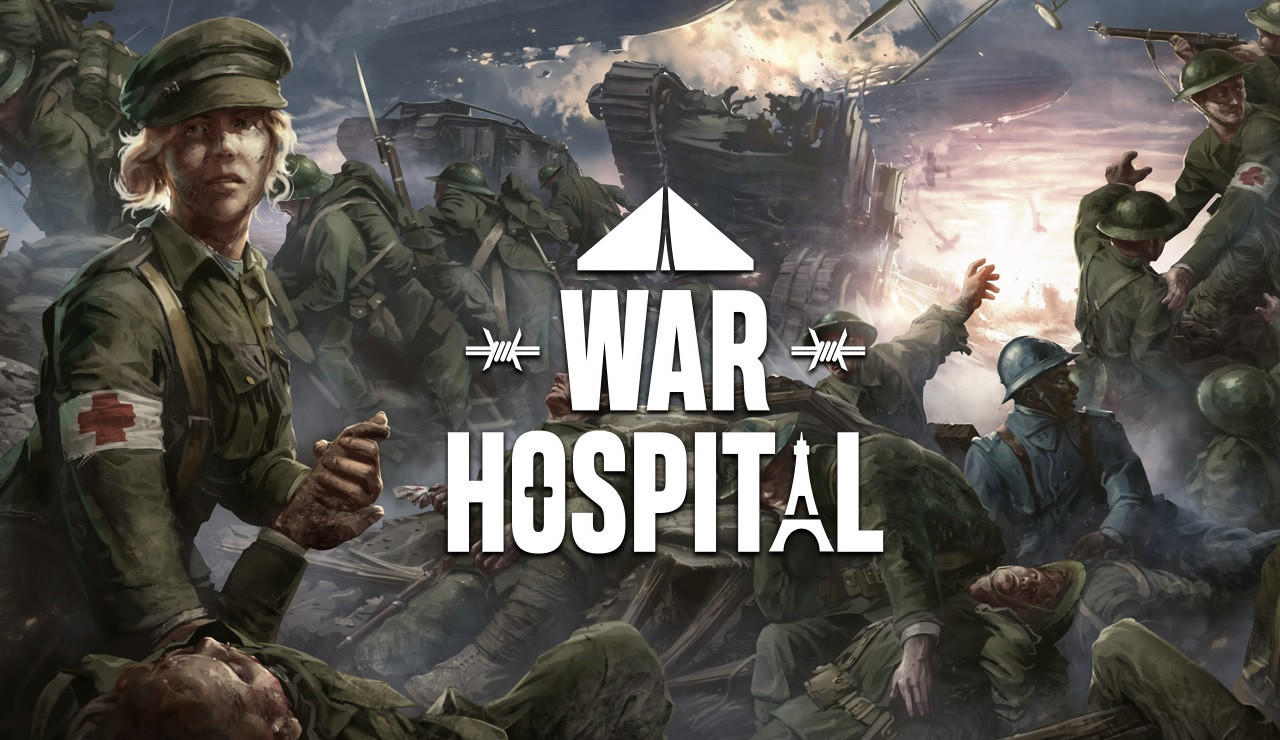



Comments (0)
No comments found